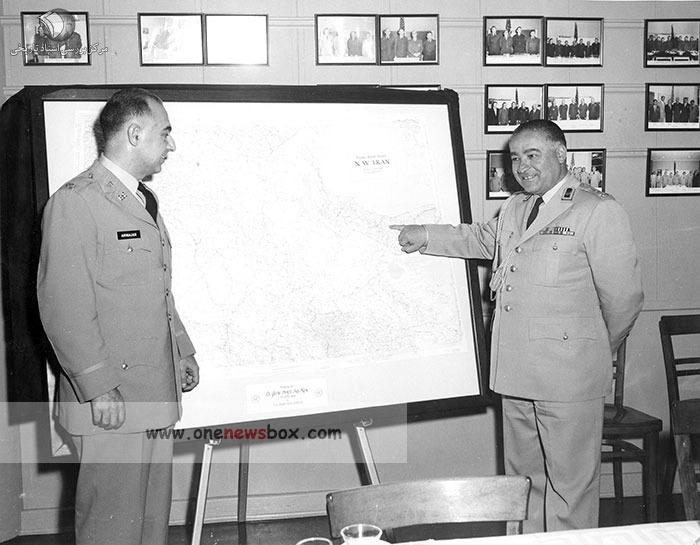Following his legal battles and subsequent acquittal, Haj Ali Kia disappeared from public life. He did not engage in further military or political activities. His earlier role in shaping the military intelligence infrastructure of the Pahlavi regime, however, left a lasting legacy. The Kook Organization, while eventually eclipsed by SAVAK, continued to operate independently for years, gathering intelligence and maintaining loyalty networks within the armed forces.
Kook functioned almost as a parallel intelligence body to SAVAK. It had its own network of informants and agents, independent channels for reporting, and a chain of command that extended directly to the Shah. While SAVAK focused on broader national security, internal surveillance, and opposition suppression, Kook maintained its focus on military intelligence and ensuring loyalty within the ranks. This dual structure of intelligence allowed Mohammad Reza Pahlavi to maintain strict control over both civilian and military institutions.
The legacy of Haj Ali Kia is complex. On the one hand, he was a career military man who believed in national sovereignty and internal strength. His role in founding Kook highlights his strategic thinking and understanding of geopolitics. On the other hand, his repeated entanglements with corruption allegations tarnished his public image and limited his influence in later years. Yet, his vision of an internal security apparatus that could defend Iran from both foreign threats and domestic dissent became a cornerstone of the Pahlavi regime’s strategy.

